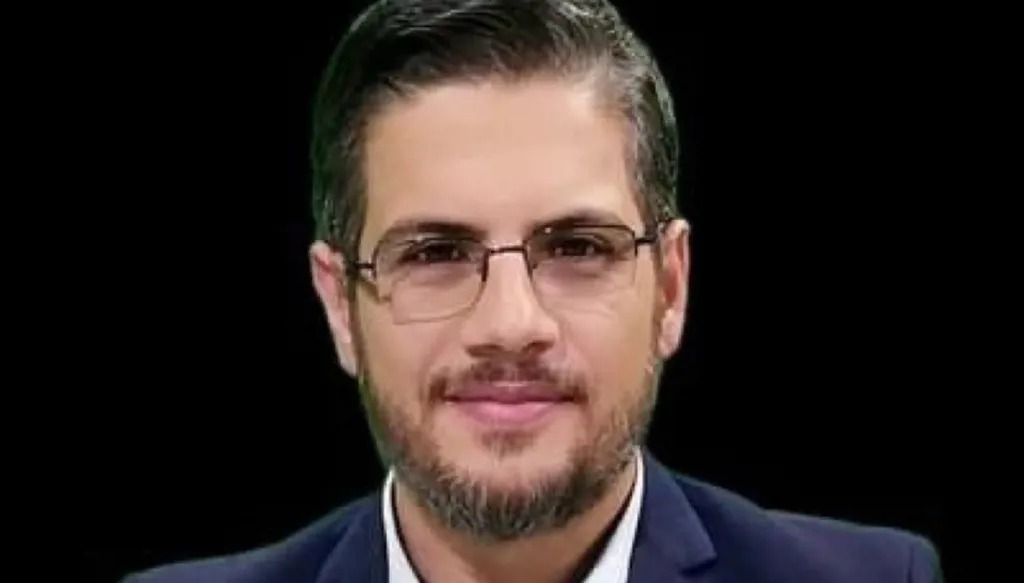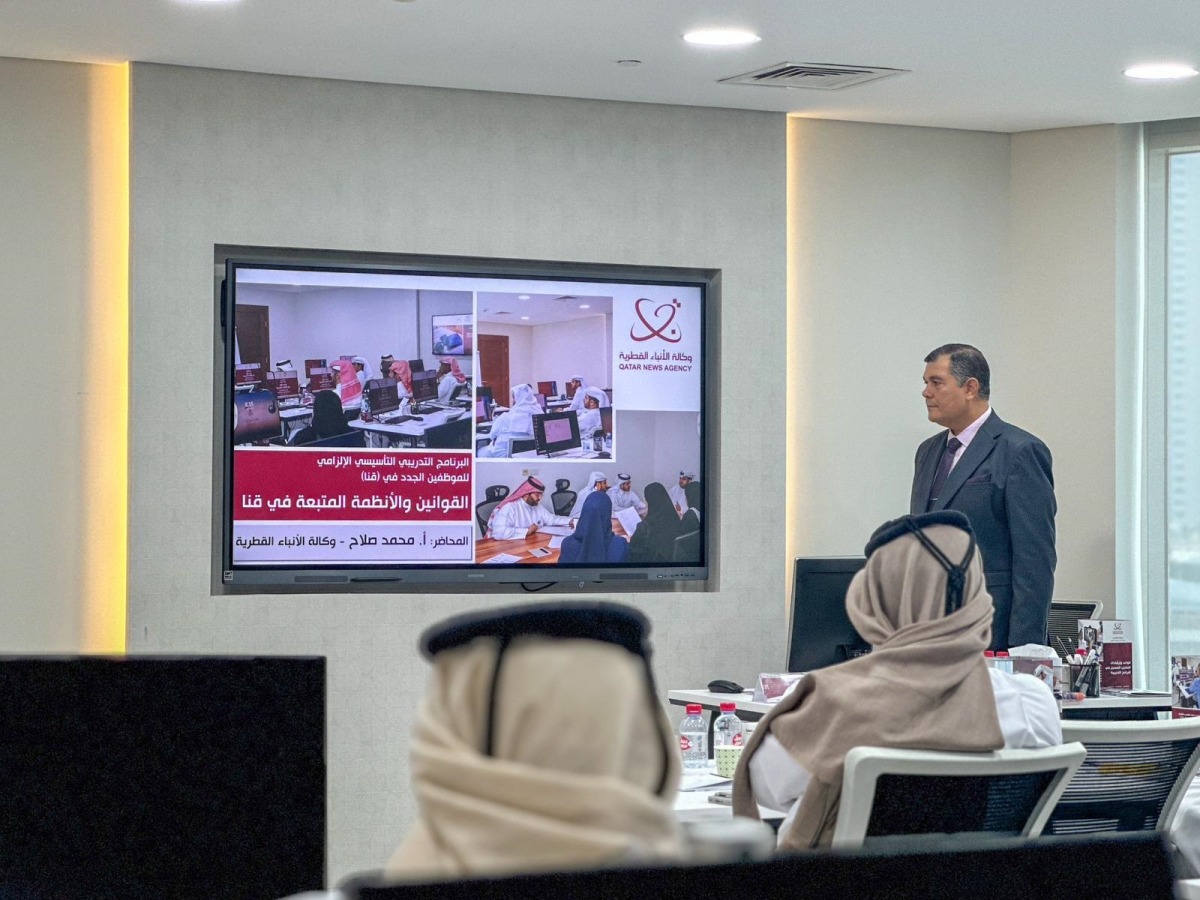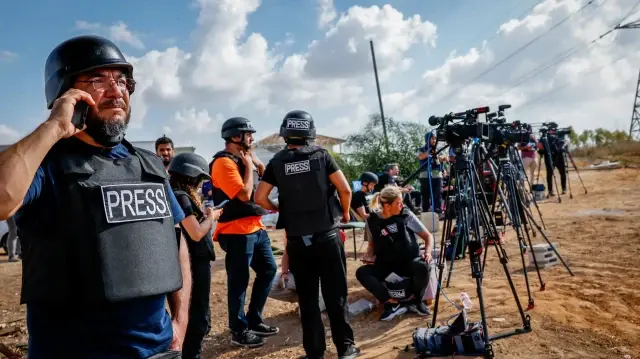
Journalists Arrested Ahead of Belarus Election as Crackdown Tightens
December 13, 2024
Russian Court Extends Detention of Veteran Journalist Nadezhda Kevorkova
December 13, 2024December 13, 2024 – Palestine/USA –
Journalist arrests in the United States surged in 2024, with nearly one reporter detained or charged each week, largely at Israel‑Gaza war protests. According to data from the U.S. Press Freedom Tracker, there were at least 48 arrests or detentions of journalists, marking the third-highest annual total since 2017. Remarkably, approximately 90 percent of these incidents occurred during demonstrations related to the Israel‑Gaza conflict, reflecting a dramatic rise in police actions in response to public dissent.
New York City’s Police Department played an especially prominent role, accounting for nearly half of all journalist detentions. Reporters — many identified with press badges — were often subjected to “catch-and-release” arrests, held for hours without charges, or displaced from reporting environments. Photojournalists such as Josh Pacheco and Olga Fedorova were detained four times each, with their equipment sometimes confiscated or damaged during coverage of protests in New York and Chicago.
Freedom of the Press Foundation and legal experts point out that covering protests has become the most hazardous beat for journalists, with demonstrations over Gaza inciting a notable spike in arrests. Arrests unrelated to protests remained relatively constant, while protests triggered the sudden escalation. These patterns underscore the growing use of law enforcement tactics to intimidate reporters and restrict the free flow of information.
Advocates emphasize that even brief detentions can have chilling effects, hindering reporters’ ability to document live events and weakening public access to independent information. Experts argue that journalists need press credentials, legal support, and better training to withstand these confrontations.
The disturbing trend in 2024 raises urgent questions about the balance between public order and press freedom in democratic societies. While prosecutions for protest coverage remain rare, the physical removal of journalists from the field signals a troubling shift toward policing dissent. As the Gaza conflict continues to stir global protests, civil liberties groups warn that unless reforms are enacted, press freedom may remain under siege, especially at the very moments when it matters most.
Reference –




